Is Facebook’s Move To Combat ‘Fake News’ A Step Towards Mass Censorship?
Article Updated on June 24, 2019
In mid-December, Facebook announced that they would start to filter and censor ‘fake news’ from people’s News Feeds in an effort to curb the spread of disinformation.
The announcement came as part of a wider crackdown on illegitimate and unverified news stories that have apparently plagued the internet as of late.
Many journalists and political commentators claim that various political upsets in 2016 including the Brexit vote and the election of Donald Trump have been somewhat influenced by so-called ‘fake news’ stories.
The news prompted a mixed response, with what seemed to be credible arguments and questions being put forward from both sides of the debate.
I think I speak on behalf of most people when I say that the idea of halting the spread of fake news is, without doubt, a good thing; but herein lies a deeper problem underneath the surface.
First and foremost, the initial question that comes to mind is who gets to decide what is fake news and what is real?
Well, Facebook has appointed a number of ‘third party fact checkers’, one of which goes by the name of the Poynter Institute. They will be partially responsible for the regulation of fake news stories and will have the final jurisdiction in such instances.
Among the financiers of the Poynter Institute are Google, The Bill Gates Foundation and George Soros’ Open Society Foundations. Needless to say, these organisations are funded by some of the most powerful and influential people on the planet.
This calls into question the impartiality of these organisations, whilst highlighting a greater concern for not only freedom of speech, but fair and balanced political discourse.
Is it a wise idea to put control of the transmission of information on Facebook into the hands of such a small minority that have a prescribed political agenda?
It wasn’t until I examined both sides of the argument in depth that I realised that in certain cases, what might be deemed as fake news to one person, might be a credible source to another person.
For me, the most questionable element of the fake news trend is how it surfaced in such quick succession.
From my recollection, fake news articles have been a problem since the early days of the web. Why only recently has mainstream media decided to inject it into public discourse?
The fake news hysteria that has been heavily pushed by the establishment media has only resulted in panic, confusion and uncertainty. It is in these times of panic, confusion and uncertainty that irrational decisions are made. These decisions often bring with them unintended consequences.
The democratic ideals of western civilisation are supposed to support free speech and liberalism. And we have always used our own better judgement to identify whether a news source, whether it’s on the internet or on TV, is trustworthy and credible; but now it appears that the choice will be made for us when using the world’s largest social network.
As digital natives in an age of information, we must defend our right to consume information from a variety of sources and say no to clandestine censorship at every turn. Facebook’s influence on the world stage cannot be disputed – and it is up to them to rise to the challenge of creating an equal and balanced platform that encourages free speech.
One thing is for certain – how Facebook chooses to use their power today will forever have an effect on generations to come.
Comments
Is Facebook’s Move To Combat ‘Fake News’ A Step Towards Mass Censorship?
Article Updated on June 24, 2019
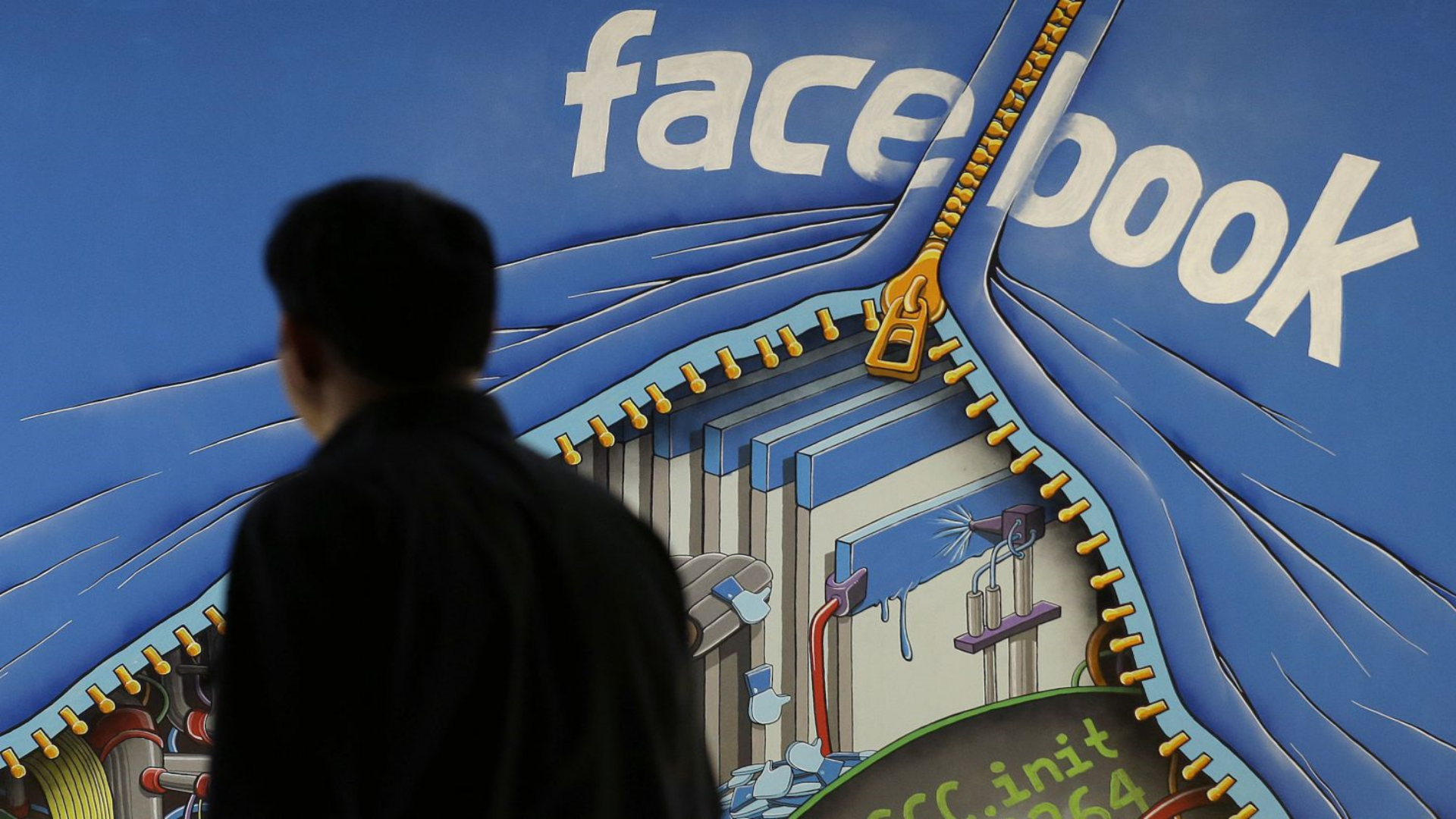
In mid-December, Facebook announced that they would start to filter and censor ‘fake news’ from people’s News Feeds in an effort to curb the spread of disinformation.
The announcement came as part of a wider crackdown on illegitimate and unverified news stories that have apparently plagued the internet as of late.
Many journalists and political commentators claim that various political upsets in 2016 including the Brexit vote and the election of Donald Trump have been somewhat influenced by so-called ‘fake news’ stories.
The news prompted a mixed response, with what seemed to be credible arguments and questions being put forward from both sides of the debate.
I think I speak on behalf of most people when I say that the idea of halting the spread of fake news is, without doubt, a good thing; but herein lies a deeper problem underneath the surface.
First and foremost, the initial question that comes to mind is who gets to decide what is fake news and what is real?
Well, Facebook has appointed a number of ‘third party fact checkers’, one of which goes by the name of the Poynter Institute. They will be partially responsible for the regulation of fake news stories and will have the final jurisdiction in such instances.
Among the financiers of the Poynter Institute are Google, The Bill Gates Foundation and George Soros’ Open Society Foundations. Needless to say, these organisations are funded by some of the most powerful and influential people on the planet.
This calls into question the impartiality of these organisations, whilst highlighting a greater concern for not only freedom of speech, but fair and balanced political discourse.
Is it a wise idea to put control of the transmission of information on Facebook into the hands of such a small minority that have a prescribed political agenda?
It wasn’t until I examined both sides of the argument in depth that I realised that in certain cases, what might be deemed as fake news to one person, might be a credible source to another person.
For me, the most questionable element of the fake news trend is how it surfaced in such quick succession.
From my recollection, fake news articles have been a problem since the early days of the web. Why only recently has mainstream media decided to inject it into public discourse?
The fake news hysteria that has been heavily pushed by the establishment media has only resulted in panic, confusion and uncertainty. It is in these times of panic, confusion and uncertainty that irrational decisions are made. These decisions often bring with them unintended consequences.
The democratic ideals of western civilisation are supposed to support free speech and liberalism. And we have always used our own better judgement to identify whether a news source, whether it’s on the internet or on TV, is trustworthy and credible; but now it appears that the choice will be made for us when using the world’s largest social network.
As digital natives in an age of information, we must defend our right to consume information from a variety of sources and say no to clandestine censorship at every turn. Facebook’s influence on the world stage cannot be disputed – and it is up to them to rise to the challenge of creating an equal and balanced platform that encourages free speech.
One thing is for certain – how Facebook chooses to use their power today will forever have an effect on generations to come.
Comments
-
Mr. Lucas Brice February 8, 2017 at 11:13 pm - Reply
Excellent story. If Hillary Clinton had won the election, Facebook wouldn’t be fretting over “fake news.” That is an absolute certainty.

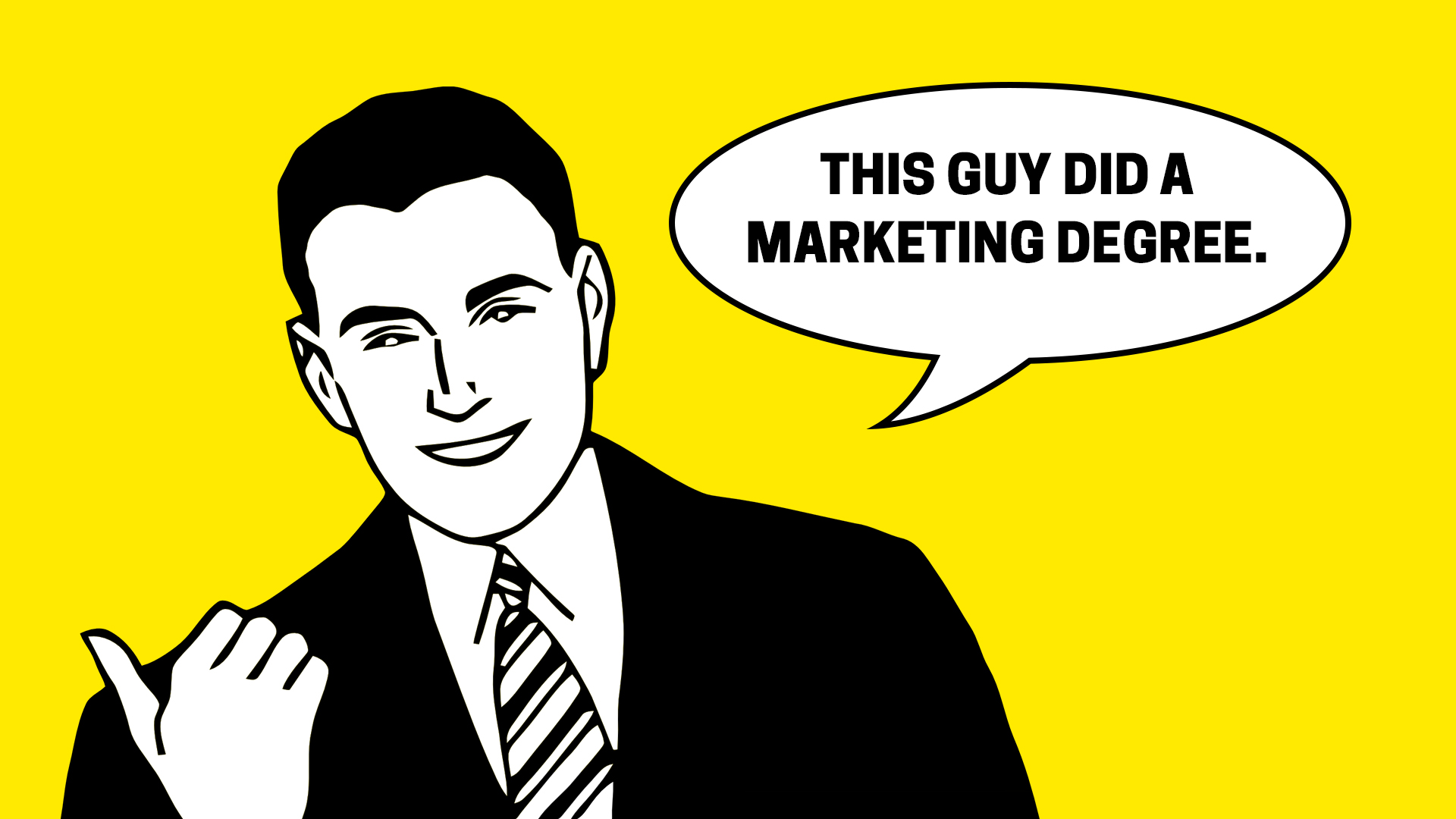

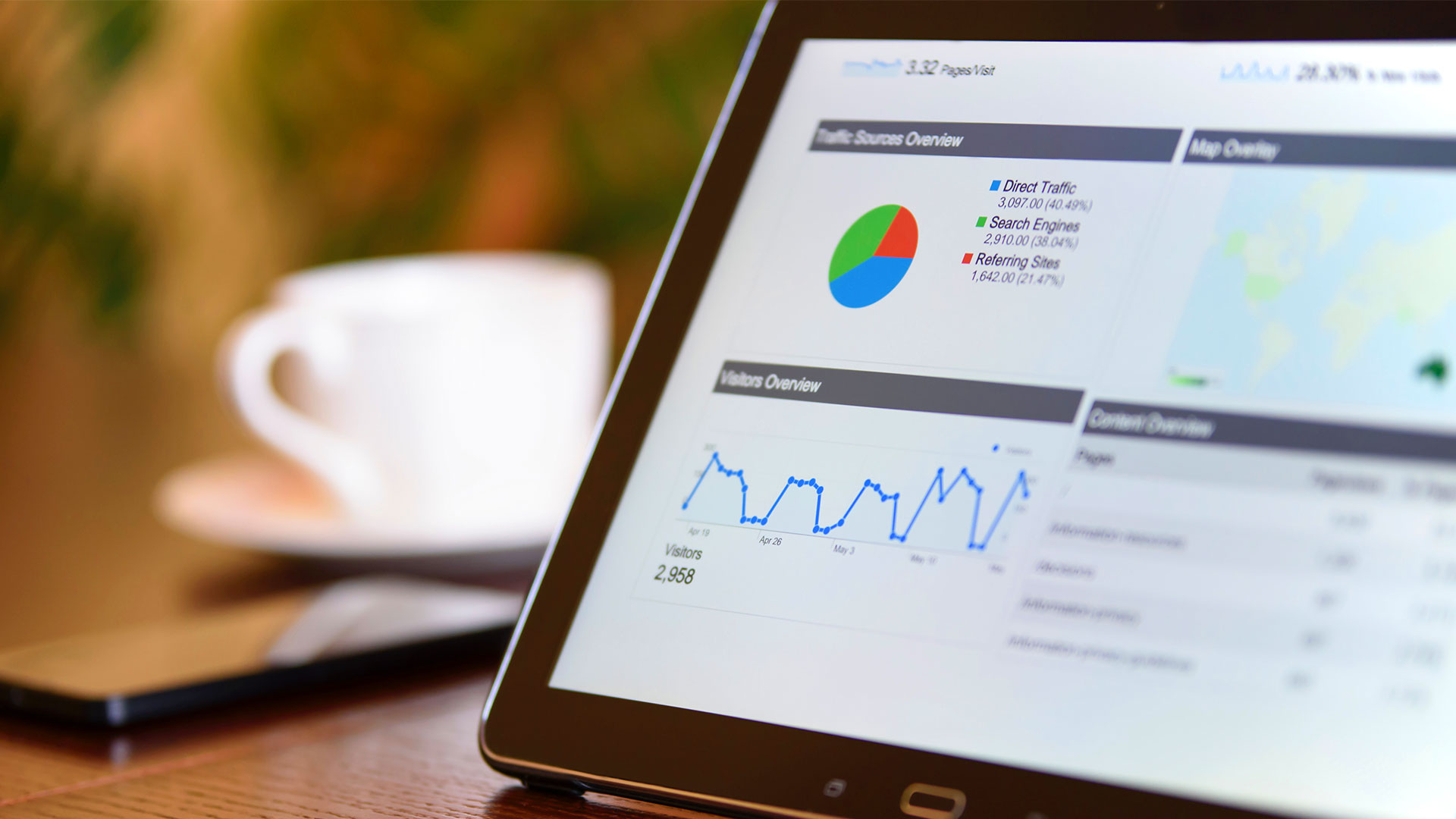
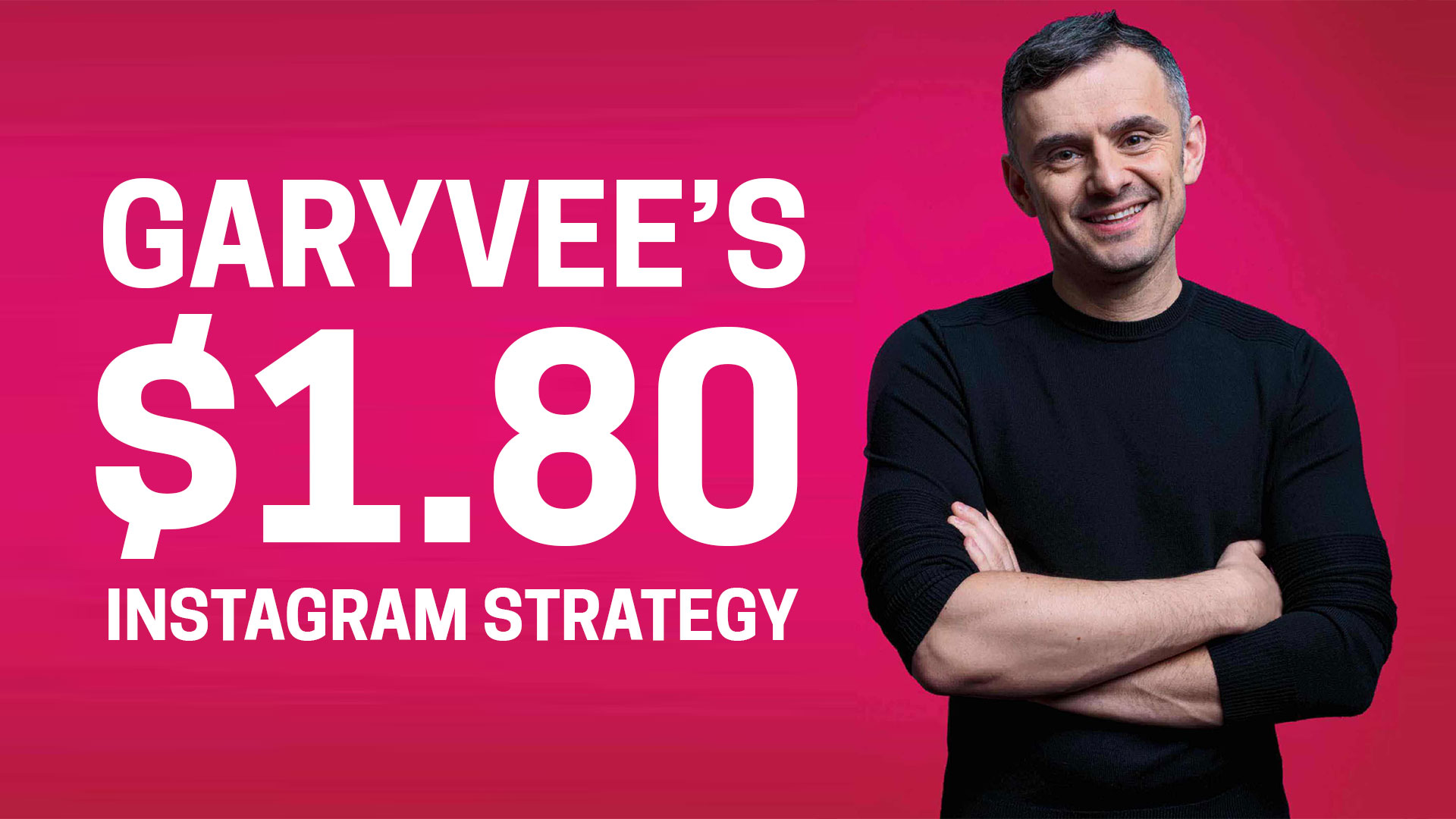
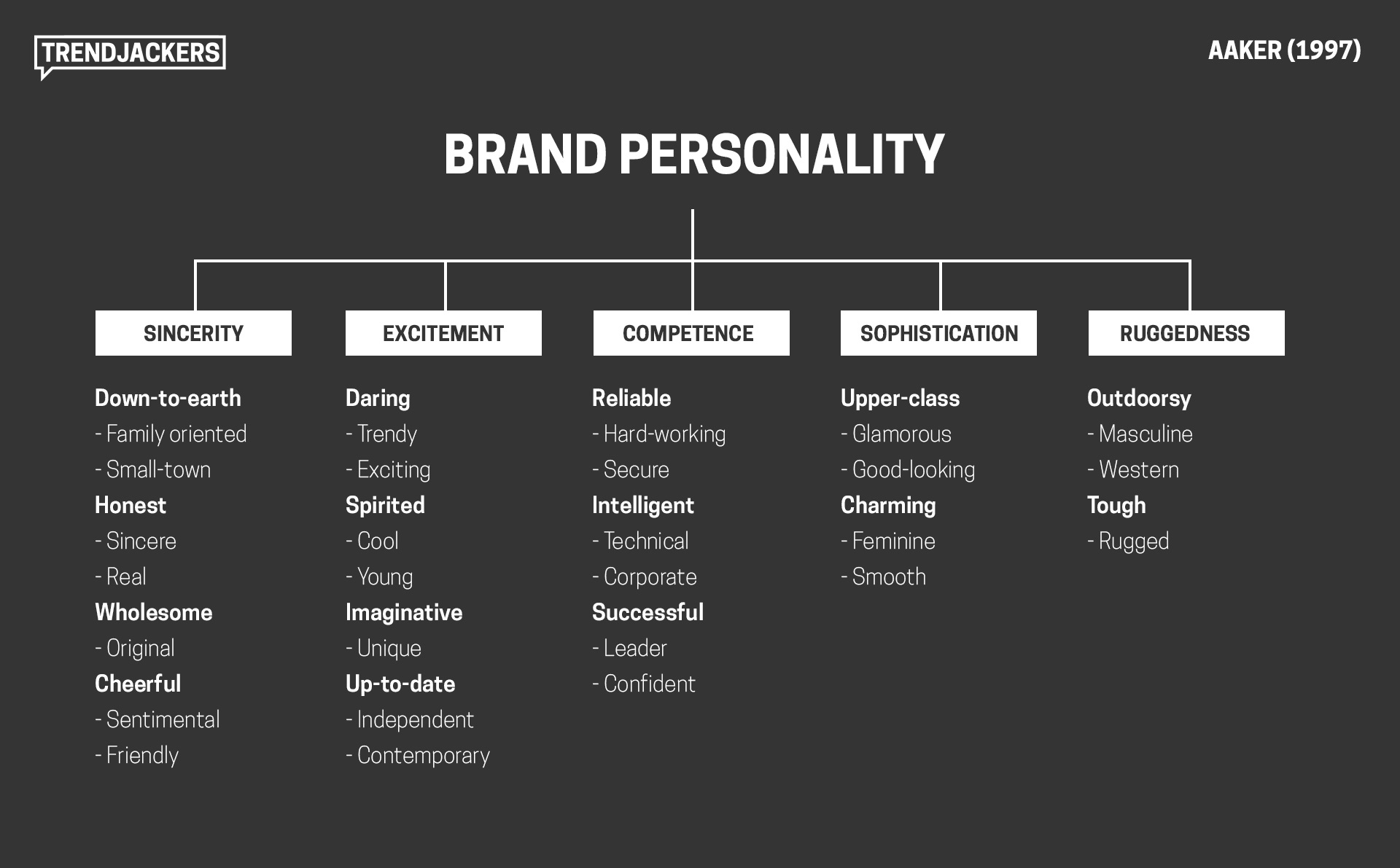
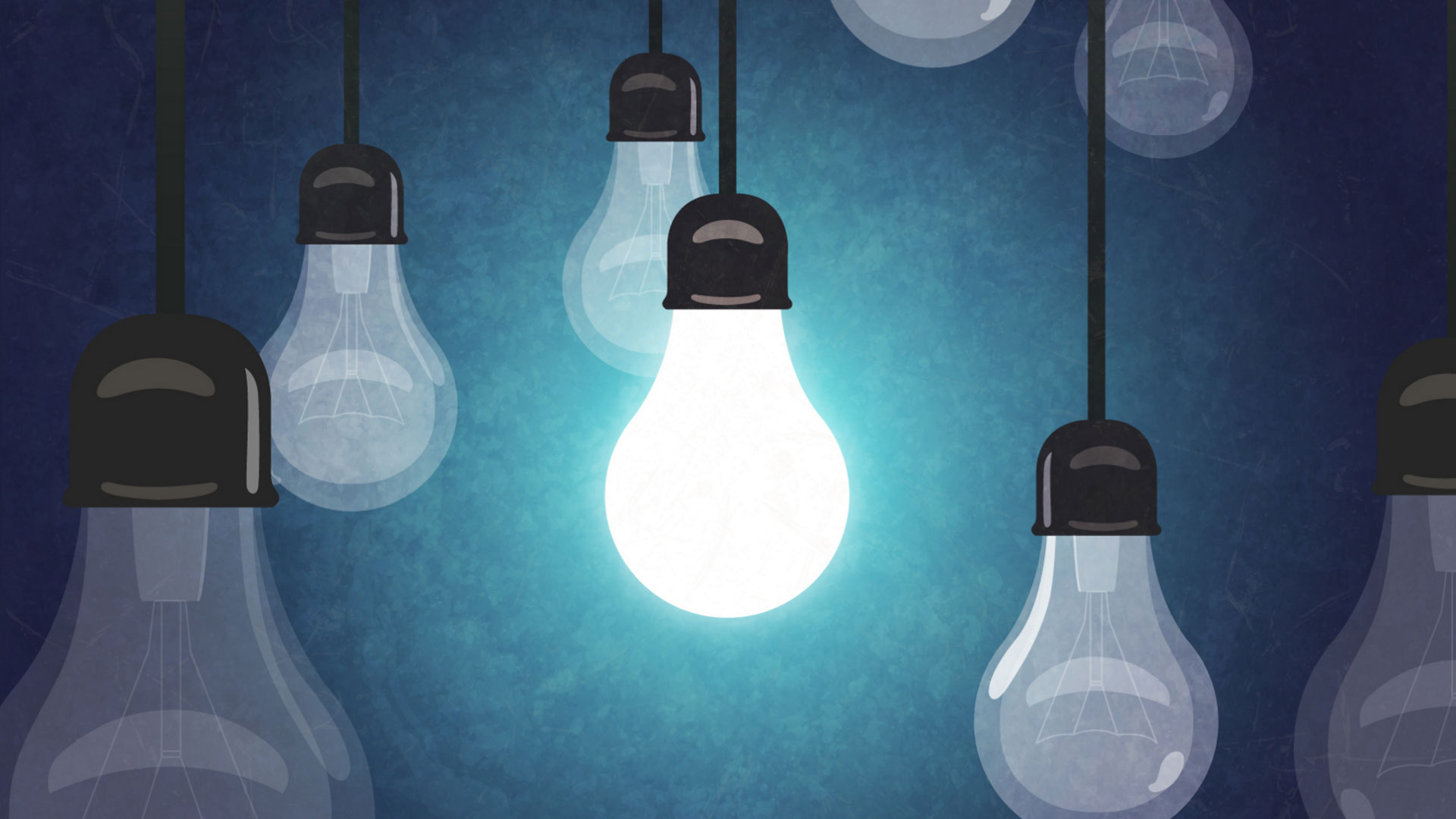
Excellent story. If Hillary Clinton had won the election, Facebook wouldn’t be fretting over “fake news.” That is an absolute certainty.